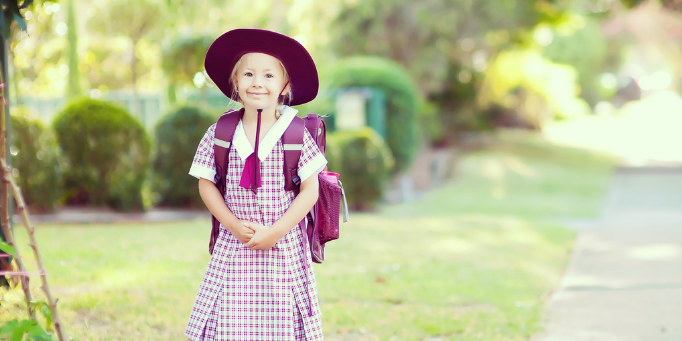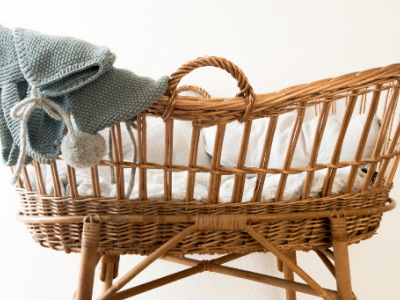
School’s coming – ready or not!
Alyson Officer shares some last-minute tips for helping prepare your kids for the new school year
As our well-rested children are enjoying a long holiday, many parents will have begun to think about the coming school year.
Beyond the shoes, pencil cases and new lunchboxes, the majority of parents think about other ways they can get their child ready for school. The term ‘school readiness’ is often used and refers to the measure of the knowledge, skills and behaviours that enable children to participate and succeed at school.
Parents often worry that their child might find aspects of school hard. God has made all of our children unique and special, so children will develop at their own pace. Most educational leaders agree that literacy actually will come easily for the majority of children in the first year of school, so you don’t need to spend the preschool years focusing on writing and numbers. Your child will gain greater benefit from you working on more lateral skills such as fine motor skills and communication.
The vital skills that help children in the first years of school are oral language, physical play, social skills and emotional skills. If your child isn’t meeting developmental milestones or is struggling in these areas, most preschool teachers will be able to give parents good feedback on whether another year at preschool would be helpful. As a psychologist, I have rarely heard a parent complain years down the track that they should have sent their child to school earlier, though plenty sadly reflect that they should have waited another year. Children who attend school too early will struggle to learn because they spend their days trying to control their emotions and negotiate social rules beyond their ability. Beginning school too early will impact a child throughout their school life, including social and emotional impacts in high school.
But if your little one is heading off to school for the first time in a few weeks, here are a few last-minute tips for parents:
- Visit the school as often as you can; having a familiar environment will help in those first few days. So even if you buy the uniform one piece at a time or just play in the playground, make a point of being in that new space as much as possible. (This also works for children attending a new school later down the track.)
- Help your child be as independent as possible. This means if your child can’t do laces, buy them velcro shoes; if they need a new lunchbox, get them to help you pick one so you know they can open all the zippers etc. There are about twenty or more children to one adult in most classrooms. Your teacher will be very grateful if your child is more capable of doing things independently; it also boosts a child’s self-esteem knowing they can do it themselves!
- Avoid transferring your own fear or anxiety on to your child. I’m a big believer in parents modelling emotional regulation most of the time, but in this case I urge parents to hold it together until their child is in the classroom! It is okay to cry, as there can be much grief for parents when a child heads to school, but please do it in private. Even saying things like ‘mummy is going to miss you when you’re at school’ gives the child the idea that something might be wrong about going to school.
- Create a family routine before your child starts school. Small children are used to eating and playing in a less structured way, so having a routine particularly for eating and sleeping will help your child get used to the structure of a school day as well as help them feel more secure.
- Get involved in your child’s school. Children are known to be more connected to their learning if they see a partnership between school and parents. If you can, go to school and help with reading, the canteen or in the office. If you can’t afford the time, offer to do something like washing the art shirts. For parents, you will feel like you are communicating better with your child’s educators, which can only have a positive flow-on effect to your child!
Most of all, enjoy this time together. All parents say how quickly time goes by and before you know it, your child will be choosing electives in Year Nine. We all want our children to enjoy learning, make friends and be happy about attending school, so please do not push your child to be the first to finish the sight words or compare your child’s reading levels to others. Children won’t remember if they were the first or last student to be able to write the whole alphabet, but they will remember how they felt going to school and whether they were loved and valued in a godly way.
Alyson is a psychologist who has been working with children and families for nearly 20 years. As a mum of 3 boys she is passionate about families and health professionals working together to improve health and wellbeing. She loves her church family in Dapto and see it a privilege to walk alongside young people in her current role at Illawarra Christian School. Her hope is that one day there will be little stigma around mental health and that people will experience love not judgement in times when they need it the most.
For more articles from Growing Faith, subscribe to our monthly e-newsletter.
To hear about the latest books and resources from Youthworks Media, subscribe here.






